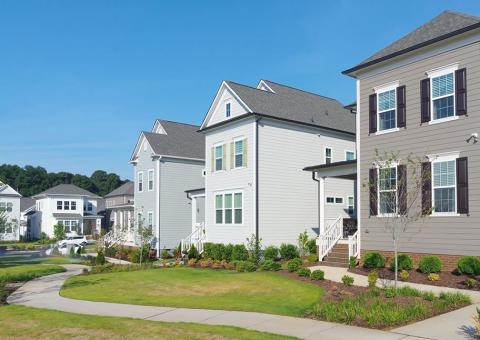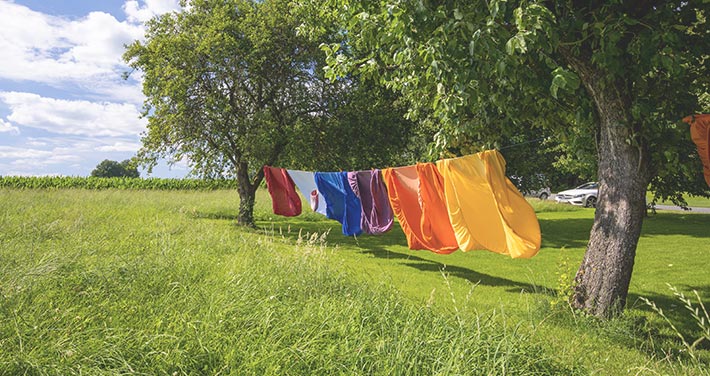Unitil’s Home Energy Reports provide information on your home's electric and natural gas usage, including a comparison to households with similar characteristics, or “neighbors.” The reports also offer personalized tips to help you make informed decisions about saving energy at home – and saving money on your bill.
How It Works
Several times throughout the year, selected Unitil customers receive a custom report that includes information based on how their homes use energy. This report shows how your home uses energy and how your usage stacks up to that of your “neighbors” – a group of approximately 100 nearby occupied homes. These homes are comparable to yours, but are not necessarily the homes in your neighborhood.
The Home Energy Report also provides information on ways to save money, personalized for you based on your energy use and publicly available information about your home, such as the type of dwelling and size. For more information about your energy usage and for tips on savings energy, log in to your home energy reports console. Note: Participants were chosen to receive energy reports based on location and/or billing criteria. There is currently no open enrollment for this program.
We know our customers are always looking for ways to save money on their energy bills. Unitil’s Home Energy Reports are designed to provide more information about your energy use so you can make decisions about how to save.
What is a kilowatt hour (kWh)?
A kilowatt hour (kWh) is a way to measure electricity use. A 100-watt light bulb uses 1 kWh every 10 hours.
What is a therm?
A therm is a way to measure natural gas use. Cooking on a gas stovetop uses 1 therm every 10 hours.
What information is included in the Home Energy Report?
Home Energy Reports will provide you with information about your home's energy use, a comparison of your monthly and annual usage, and personalized tips to help you save money and energy.
You'll be able to compare your home's energy use to the energy use of similarly sized homes in your area and also see how your home's energy use changes over time and across seasons. In each report, you’ll learn ways to save energy, including information on energy efficiency rebates and other special programs we offer.
Why am I receiving these reports?
We know our customers are always looking for ways to make their homes more efficient and save money on their energy bills. The Home Energy Reports are designed to provide more information about your energy use so you can make decisions about how to save.
Which households are included in the “household comparison”?
We compare your energy to the usage patterns of a group of about 100 similar households whose homes are close to yours and similar in size. Our research shows that for almost all residents, this 100-home average is a good indication of typical usage.
How is my comparison calculated?
The homes in your comparison group share approximately the same square footage and the same heating source as your home. These factors typically lead to similar energy needs for a home.
How do you determine the information about my home and how do I update it?
Information about your home, like square footage and heating source, is collected from public government sources. On occasion this information can be outdated or incomplete, so we encourage you to verify your home attributes by logging into your Home Energy Report Web Portal account. This is where you will be able to personalize usage such as the type of lighting you use, how you heat your water, whether you use room or window air conditioners or heat a swimming pool.
How is my “neighbor comparison over time” calculated?
The dollar amount is an estimate that is calculated based on a utility-wide rate price. Based on this value, we can estimate how much extra money you are saving or spending over six months.





